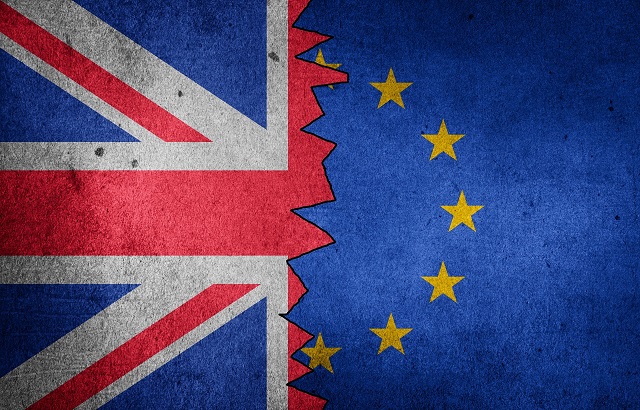The UK and the European Union have drawn battle lines around their negotiating mandates for Brexit.
The Channel Islands, the Isle of Man and Gibraltar have welcomed their respective inclusion in the UK documents.
Although the crown dependencies are considered ‘third countries’ when it comes to dealing with the bloc and have individual agreements already in place with EU countries, the British government will represent their interests during the negotiations as well.
Arrangements left and right
Jersey’s minister for external relations, Ian Gorst, said: “The government of Jersey’s external relations team has been working closely with UK officials to prepare for the negotiations and to ensure our interests are represented in any agreements.
“I am pleased that the UK has referenced a commitment to the Channel Islands within its mandate, which recognises Jersey’s interests alongside those of other crown dependencies and overseas territories.
“The customs union between the UK and the crown dependencies will protect trade flows between Jersey and the UK regardless of any trade agreement that is reached between the UK and the European Union.
“The UK/Jersey customs arrangement, that underpins the customs union with the UK, will come into effect on 1 January 2021, which is a reassurance for businesses and traders in the island.”
Mutual responsibilities
Gavin St Pier, president of Guernsey’s policy & resources committee, said: “It is important that Guernsey has as much information as possible to make decisions on our future relationships with the UK and the EU, including our part in the UK-EU future relationship negotiations and resulting agreement.
“The publication of the public negotiating mandates for the UK and EU assists us with that, as it clarifies their starting positions. As the UK and the EU move towards their new relationship together, we will continue to be a good neighbour to both of them.
“The UK government has acknowledged, and is taking very seriously, its responsibilities to represent the Bailiwick’s interests throughout the negotiations, whether our interests are the same as or different from the UK’s own position.
“The committee will continue to do all it can to ensure that our position continues to be heard, understood and respected by the UK and the EU.
“It is vital that our domestic autonomy remains intact, our relationship with the crown is unaffected and that our involvement in any resulting UK-EU agreement is relevant, practical and proportionate to the size and needs of the Bailiwick,” he added.
‘Open and flexible’ to negotiations
But the Isle of Man’s chief minister, Howard Quayle, said this is just the beginning and things might change as bilateral talks unfold.
“It is important to remember this is the start of what may be a complex negotiation, but our voice is being heard and the levels of cooperation are high.
“We note that the crown dependencies are referenced in the opening section of the mandate, so our position remains open and flexible.
“Officers will continue to work with colleagues across HM government as negotiations progress to ensure that UK negotiators understand our interests,” he added.
Parliamentary heat
The Gibraltar government strongly welcomed the jurisdiction’s inclusion in the negotiations, after the EU said it was going to be left out from any future agreement with the UK.
But the ruling and opposition parties have clashed over the rights of frontier workers after the Brexit transition period.
The Gibraltar government has accused the leader of the opposition of either still not understanding the withdrawal agreement or “mischievously twisting the facts in order to mislead and confuse public opinion”.
The government said: “The withdrawal agreement protects the rights of UK and Gibraltarian residents, workers and frontier workers in the European Union and, in return, protects the rights of European Union nationals; including residents, workers and frontier workers in the United Kingdom and Gibraltar.
“The opposition should note that when the transitional period comes to an end, the principle of freedom of movement, as we know it, will come to an end for everyone.
“The government has already made it clear that it aims for a common travel area between Gibraltar and the European Union. The opposition should know by now that this is a matter for the negotiations on the future which have not even started, and which are due to commence next month.”








